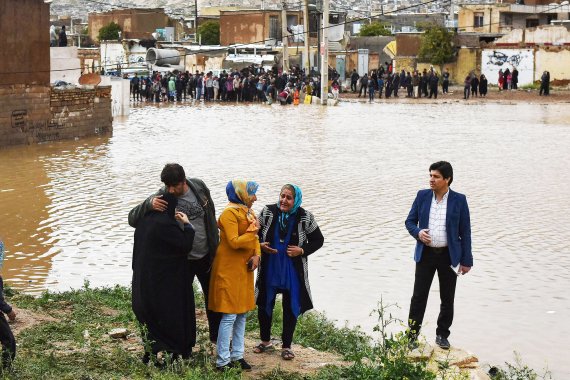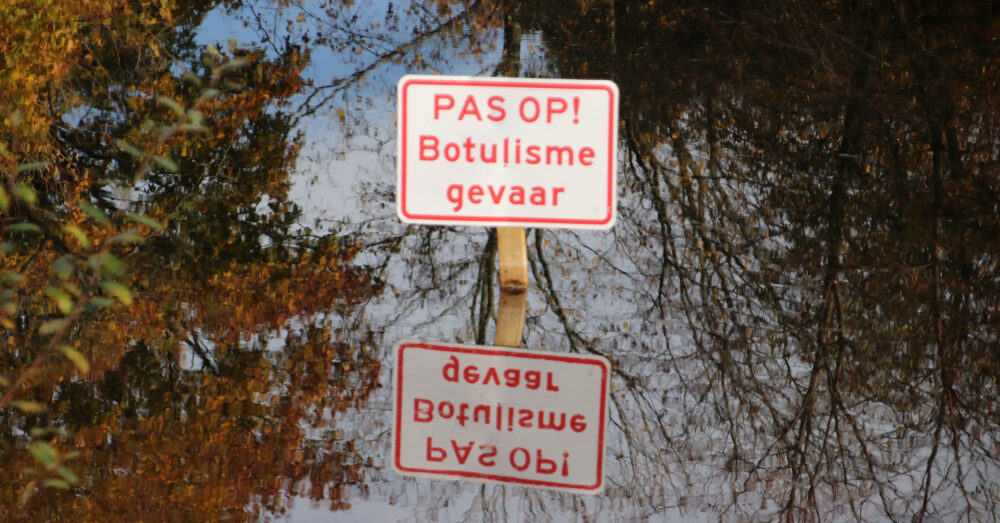Record rainfall in March and April has flooded over 1,900 cities and villages in Iran, bringing the death toll so far to 70 across 13 provinces. Roads, bridges and agricultural land have been destroyed and many people have been forced to evacuate their homes. According to Ali Tafazoli, the current sanctions against Iran are hampering the rescue efforts.
Text: Gina Ho
The US sanctions make it hard for countries to give aid
‘We have different climate zones in Iran: around my hometown Isfahan it is semi-arid, and in the north there are more forests. The floods now are mostly in the eastern and southern part of Iran. Karkheh is one of the big rivers there and because of the heavy rains it overflowed and the water rushed into cities.
The mainstream Iranian media say that the state is doing its best with rescue efforts. However, social media also plays a huge role in Iran these days. Although Facebook, Twitter and so on are filtered by the state, censorship doesn’t work so well because people use VPN to get past the firewall. So they have access to different sources of news and they are not very happy about how the government is handling the crisis. They feel that the authorities could’ve alerted people sooner.

Countries like Germany and Switzerland do provide aid, but with the current US sanctions it is hard for more countries to give aid, and therefore peaceful organisations like Hilal Ahmar, the Iranian Red cross, are struggling to work effectively.
In the 1950s, the US helped to overthrow the Iranian democratic government and supported a monarchy for 26 years until it was overthrown by the people in the Iranian revolution. This conflict and distrust of the US are part of our history and the nuclear deal was the first step towards breaking the ice. But under Trump, the US simply pulled out of the deal because the president regards it as “defective”. The key political players in Iran had agreed on a deal with the international community, but now we’re back with US sanctions. This is affecting our people, especially during times of need like this.’

 Photo Amin Bre/Alamy Live News
Photo Amin Bre/Alamy Live News 

